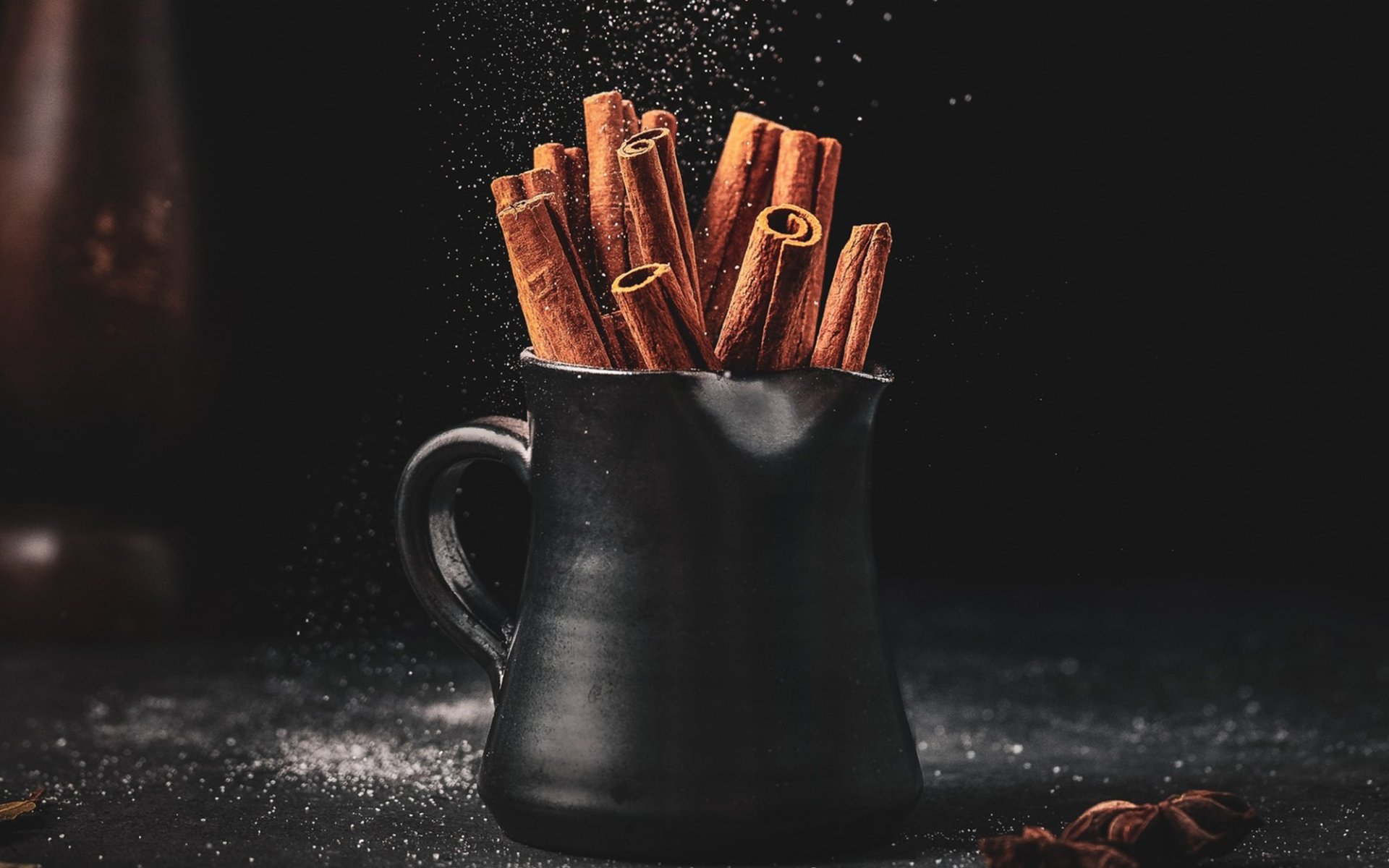Cinnamon

The atmosphere of the Christmas season often comes with the enticing aroma of Cinnamon. Especially in countries where Christmas is highly celebrated, the fragrant scent of cinnamon permeates various places, signaling that Christmas is drawing near. Today, Rimping Supermarket invites you to delve into the story of this magical spice.
Cinnamon and Christmas
The scent of Cinnamon has been associated with the Christmas season since the Middle Ages. In ancient times, cinnamon was used as a preservative, often added to processed foods like fruits and meats consumed on special occasions. During that era, Christmas was considered the grandest celebration, leading to extensive use of cinnamon. Thus, the distinct aroma of cinnamon became an iconic scent of the Christmas season.
Even though cinnamon is no longer primarily used for food preservation today, its unique fragrance remains a hallmark of the Christmas season. As Christmas approaches, people love to use cinnamon to flavor and enhance various dishes, including Mulled Wine, Christmas Pudding, and baked goods. They also use cinnamon sticks to adorn Christmas trees and other spaces, creating a festive ambiance.
But then, why has Cinnamon never become the scent of another season?
A 2009 study indicated that the scent of cinnamon is often perceived as unpleasant during summer. This is because past memories and experiences have conditioned cinnamon to be exclusively associated with the Christmas season. Smelling this scent during other seasons would make it lose its unique identity and charm, leading people to feel unfamiliar or out of place when encountering the smell of cinnamon at other times of the year.
Benefits of Cinnamon
Cinnamon is a spice with a long history, dating back to 3,000 BCE. In ancient times, Egyptians, Romans, and Chinese commonly used cinnamon for food preservation, inhibiting bacterial growth that caused meat spoilage, and as a remedy for colds, as well as aiding digestion for centuries.
The scent and flavor of cinnamon come from the inner bark of trees belonging to the Cinnamomum genus. The bark of this tree has a complex aroma, composed of over 80 aromatic compounds, making it no surprise that cinnamon is such a fragrant spice.
Furthermore, cinnamon is rich in manganese, iron, calcium, fiber, and numerous antioxidant properties that positively impact the body. A recent health benefit discovery suggests that some believe simply smelling cinnamon or chewing cinnamon-flavored gum can even help stimulate brain function. It's truly a spice that not only offers a wonderful aroma but also boasts a wealth of health benefits.


